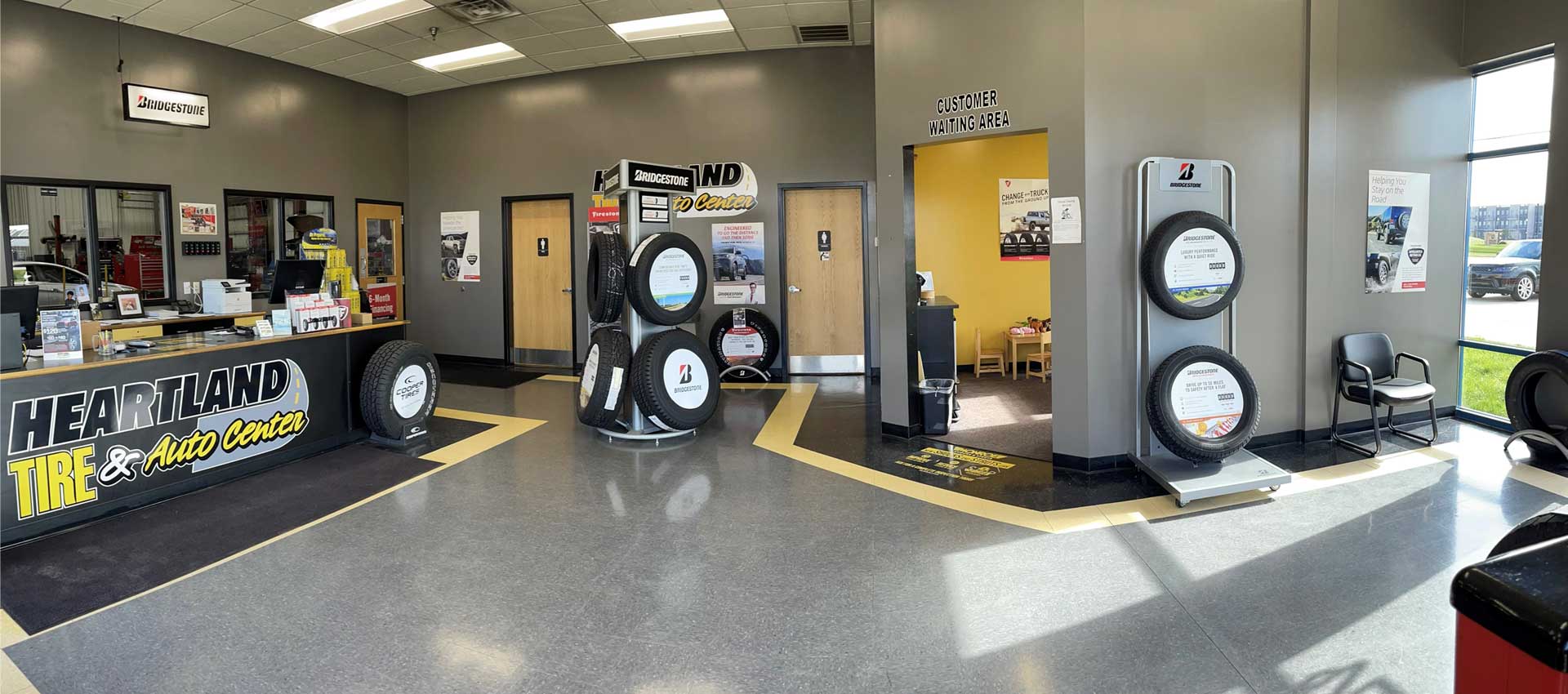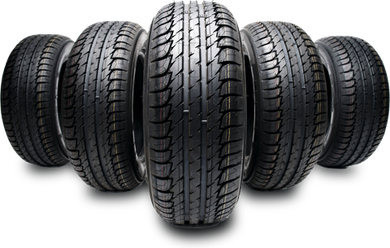Get Professional Tire Services at Tire Shop Morris: Contentment Guaranteed
Get Professional Tire Services at Tire Shop Morris: Contentment Guaranteed
Blog Article
Tire Solution: Recognizing Tire Pressure Tracking Solutions
Comprehending Tire Pressure Tracking Systems (TPMS) is a critical aspect of maintaining optimal lorry performance and safety and security on the road. With improvements in auto innovation, TPMS has come to be a conventional function in contemporary vehicles, providing real-time information on tire stress degrees.

Relevance of TPMS
The relevance of Tire Stress Surveillance Equipments (TPMS) exists in their ability to enhance vehicle safety and efficiency through real-time surveillance of tire stress levels. Keeping the proper tire pressure is important for making certain ideal handling, braking, and overall security of a lorry. TPMS offers drivers with instant responses on any type of overinflated or underinflated tires, permitting for timely changes to be made.
Parts of TPMS
Comprising different essential components, a Tire Stress Monitoring System (TPMS) works as a sophisticated safety feature in modern-day automobiles. The major components of a TPMS include sensors, a control component, and a warning indicator. Sensing units are normally situated in the tire shutoff stem or connected to the wheel assembly, where they gauge tire stress and send information to the control component. The control module processes this details and triggers a caution if it finds substantially low stress in any of the tires. The caution indicator, frequently a sign on the control panel, informs the driver to inspect the affected tire or tires. Some advanced TPMS designs additionally present the actual tire stress analyses for each and every tire, giving vehicle drivers with real-time info to ensure optimal tire performance and safety and security. By keeping track of tire pressure continuously, TPMS assists prevent crashes, minimizes tire wear, and enhances gas performance, making it a vital part for lorry safety and security and efficiency.
Kinds Of TPMS

On the various other hand, indirect TPMS depends on the car's wheel rate sensing units to keep track of tire pressure. This system spots underinflation by contrasting the rotational rates of the wheels. Indirect TPMS is less pricey than straight TPMS, as it utilizes existing sensors within the car.
While straight TPMS provides much more precise analyses, indirect TPMS is simpler in style and typically needs less upkeep. Both systems have their limitations and benefits, and the choice between them typically depends on factors such as cost, lorry make, and individual choice. Recognizing the differences between these two kinds of TPMS can help vehicle proprietors make educated decisions pertaining to tire upkeep useful content and security.
TPMS Maintenance Tips
Conduct routine checks on the tire stress levels and contrast them with the TPMS readings to ensure they are regular. During tire rotation or replacement, make sure that the TPMS parts are managed thoroughly to protect against any type of prospective damages. If the TPMS cautioning light illuminates on the dashboard, deal with the problem promptly by inspecting the tire stress and the general system for any kind of mistakes.
Advantages of Proper Tire Stress
Maintaining appropriate tire stress, as emphasized in TPMS Maintenance Tips, is vital for gaining the numerous benefits connected with optimum tire pressure levels. Furthermore, correct tire pressure ensures even tire wear, prolonging the lifespan of the tires and promoting more secure driving conditions. In final thought, the benefits of proper tire stress go beyond simply tire longevity; they incorporate enhanced gas efficiency, improved safety and security, better car performance, and overall driving comfort.
Verdict
To conclude, recognizing tire stress surveillance systems (TPMS) is important for maintaining optimal tire pressure and ensuring car safety and security. By identifying the significance of TPMS, being acquainted with its parts, knowing the various kinds readily available, adhering to correct maintenance ideas, and realizing the benefits of keeping appropriate tire pressure, chauffeurs can boost their driving experience and More Info lengthen the lifespan of their tires. Proper tire stress is vital to safe and reliable automobile operation.

Report this page